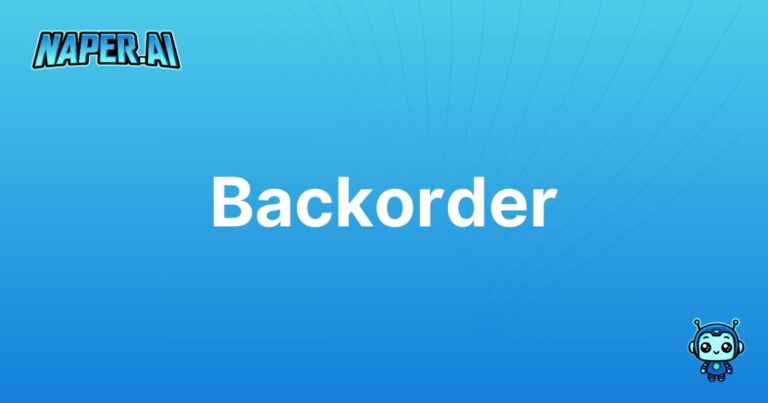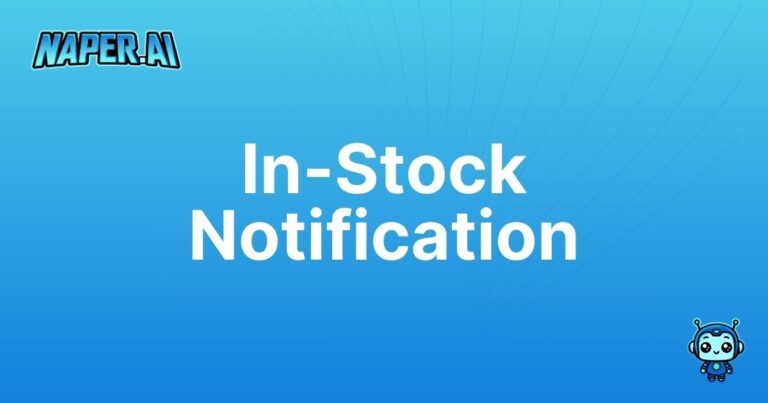Stockout
Stockout: The Unexpected Pause in Sales
Stockouts can disrupt sales momentum and customer satisfaction in e-commerce environments.
What Is Stockout?
A stockout occurs when inventory is exhausted and items are unavailable for sale or order fulfillment, impacting the customer experience and potential revenue.
Pro Tips & Best Practices
- Implement real-time inventory tracking systems.
- Utilize data analytics to forecast demand cycles accurately.
- Establish safety stock levels to buffer against demand spikes.
- Consistently review supplier performance and lead times.
- Diversify suppliers to mitigate potential shortages.
Why Is Stockout Important?
- Customer Satisfaction: Avoiding stockouts maintains trust and ensures a seamless shopping experience.
- Sales Performance: Preventing stockouts helps capture maximum sales opportunities during high-demand periods.
Practical Applications
- Reorder Alerts: Set up automatic notifications for low inventory.
- Demand Forecasting: Use historical data to predict sales patterns.
- Cross-docking: Minimize storage times by directly transferring goods from inbound to outbound shipping.
Quick FAQ
- How can a stockout affect a business?: Affects revenue and customer satisfaction.
- What causes stockouts?: Poor demand forecasting or supply chain issues.
- How do you manage stockouts?: Implement safety stock and accurate forecasting.
- Are stockouts always bad?: Not always, they can indicate popular product demand.
- How to communicate stockouts to customers?: Transparently via website updates and customer service messaging.







